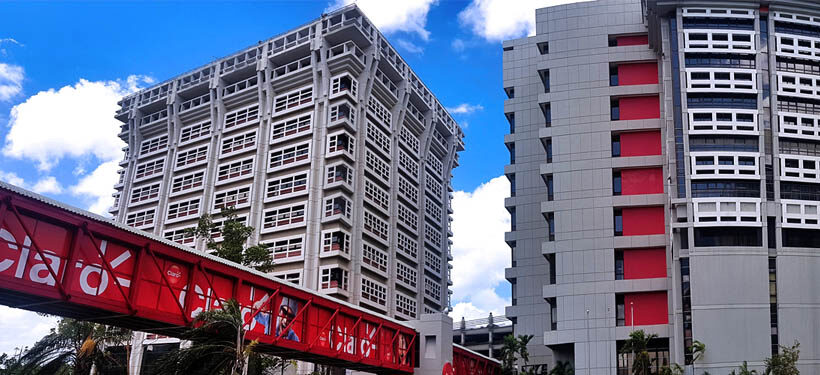Puerto Rico telecom carrier fined $1M in FCC nat’l security probe

LATAM Telecommunications and Puerto Rico Telephone Co. will also implement a compliance plan.
The Federal Communications Commission’s Enforcement Bureau has resolved two investigations involving the América Móvil Submarine Cable System, which connects the United States to cable landing stations in Colombia and Costa Rica without a review by the Committee for the Assessment of Foreign Participation in the U.S. Telecommunications Services Sector’s (commonly known as Team Telecom) or the required Federal Communications Commission approval.
In addition to admitting to the violations, LATAM Telecommunications and Puerto Rico Telephone Co., doing business as Claro Puerto Rico, will each pay a $1 million civil penalty and implement a compliance plan.
An undersea cable licensee’s failure to obtain prior FCC authorization before connecting and operating new international subsea cable landing stations bypasses Team Telecom’s ability to conduct a national security review, as mandated by federal law and regulations, the federal regulator said.
“Undersea cables keep us globally connected and are an essential part of the digital economy. But they can pose real security risks if the FCC and its national security partners aren’t properly given the chance to review where new cables may be installed,” said FCC Chairwoman Jessica Rosenworcel. “Across the board, the agency has been focused on network security, and careful oversight of undersea cables is a critical part of this effort.”
“As recently described in the Bulk Sensitive Personal Data Executive Order 14117, international submarine cables that connect the United States to other countries are a key piece of technology that facilitates the voluminous transfer and use of sensitive personal and U.S. government information,” said FCC Enforcement Chief Loyaan A. Egal, who also heads the agency’s Privacy and Data Protection Task Force.
“We will also work closely with our national security partners and the Commission’s Office of International Affairs to identify and address unauthorized and non-notified transactions that implicate FCC licenses and U.S. national security interests,” Egal said.
Claro Puerto Rico refrained from commenting on the matter.
“Team Telecom is designed to review and address national security threats to our critical telecommunications infrastructure,” said Assistant Attorney General Matthew G. Olsen of the Justice Department’s National Security Division.
“When that process is bypassed, it puts the American people, their communications and their data at risk. Today’s enforcement action makes clear that the Department of Justice, as chair of Team Telecom, will continue to work closely with the FCC to ensure that applicants and licensees play by the rules,” Olsen said.
The FCC investigation found that construction of a cable landing station in Isla San Andrés, Colombia, began in March 2020 and commenced operations in September 2021, while another in Puerto Limón, Costa Rica, started in May 2021, and began operations in November 2022, with both connecting to the América Móvil Submarine Cable System.
Neither company sought FCC authorization until 2023, thus avoiding the necessary national security reviews and assessments, among other concerns, that the FCC, in collaboration with the Team Telecom Committee, considers in the licensing of new undersea cable landings and modifications to existing licenses, it stated.
Reflecting the increased emphasis on data security in national security, the financial penalties associated with the settlements “are significantly larger than prior enforcement actions for undersea cable rule violations,” the FCC stated.
In addition to critical infrastructure voice and data services, undersea cables also facilitate emerging technologies that are key to the digital economy, such as artificial intelligence, machine learning and cloud computing.
“The Enforcement Bureau will continue to prioritize investigations that concern U.S. national security interests involving telecommunications and information and communications technology networks,” it noted.













Hahahaha !!! Chew on that one Claro and LATAM corrupt garbage group. Im glad you fell off the clift hard.
One million each is too little. We must keep in mind that the Claro brand is Mexican and that the San Juan International Airport is under a Lease with a Mexican enterprise. There has to be National Security concerns in this trio liaison.
Finally, a scratch on the surface. Dig deeper.